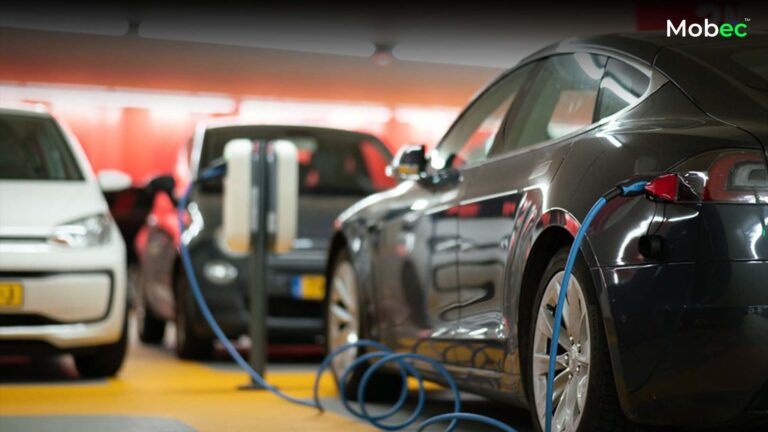Introduction:
Electric vehicles (EVs) are rapidly gaining traction as a sustainable alternative to traditional internal combustion engine vehicles. However, as the number of EVs on the road grows, so does the challenge of managing end-of-life EV batteries. Recycling these batteries presents significant challenges and promising opportunities for a greener future.
In this blog, we’ll explore the latest statistics, key challenges, and emerging opportunities in the recycling of EV batteries.
Current State of EV Battery Recycling:

The International Energy Agency (IEA) estimates that by 2030, the number of retired EV batteries worldwide will reach over 11 million metric tons. Despite this staggering figure, the recycling rate for EV batteries remains relatively low, with only about 5% of lithium-ion batteries recycled globally.In light of this growing concern, researchers and companies are actively exploring innovative solutions to improve the recycling and repurposing of EV batteries. Developing efficient recycling technologies, establishing collection and recycling infrastructure, and creating secondary applications for used battery components are some of the key strategies being pursued to address this challenge. As the demand for electric vehicles continues to rise, finding sustainable ways to manage and reuse retired EV batteries will be crucial for reducing environmental impact and maximizing the value of these valuable resources.
Challenges in Recycling EV Batteries:

1. Complexity of Battery Composition: EV batteries consist of various materials, including lithium, cobalt, nickel, and graphite, making them complex to dismantle and recycle efficiently.
2. Economic Viability: High costs associated with battery recycling often make it economically challenging for recyclers to operate profitably.
3. Safety Concerns: EV batteries pose safety risks during dismantling and recycling due to potential thermal runaway events if mishandled.
4. Lack of Standardization: The absence of standardized processes and regulations for EV battery recycling hampers industry growth and consistency in recycling practices.
Opportunities in Recycling EV Batteries:

1. Resource Recovery: Recycling EV batteries presents an opportunity to recover valuable metals such as lithium, cobalt, and nickel, reducing the reliance on finite natural resources.
2. Circular Economy: By incorporating recycled materials into new battery production, the industry can move towards a circular economy model, minimizing waste and environmental impact.
3. Innovation in Recycling Technologies: Ongoing research and development efforts are focused on developing advanced recycling technologies that improve efficiency and reduce costs.
4. Secondary Use Applications: Retired EV batteries can find a second life in stationary energy storage systems, providing grid stabilization and backup power for renewable energy sources.
According to recent data from the Global Battery Alliance, the global recycling rate for lithium-ion batteries is projected to increase to approximately 20% by 2025. Additionally, investments in battery recycling infrastructure and technology are expected to grow significantly over the next decade, with governments and industry stakeholders recognizing the importance of sustainable battery supply chains.
Government Initiatives and Policies:

Governments all over the world are putting in place a range of policies and measures to encourage the recycling and sustainability of EV batteries. An instance of this is the Battery Regulation of the European Union, which is designed to create a structure for the eco-friendly design, manufacture, and recycling of batteries, including those used in electric vehicles. Likewise, nations such as China and the United States are dedicating resources to research and development projects aimed at enhancing battery recycling technologies and facilities.
Conclusion:
Recycling electric vehicle batteries is a difficult but essential task when moving towards a low-carbon economy. Despite facing many obstacles such as technological and economic challenges, there are exciting prospects for advancement and expansion in the recycling sector. Through working together to tackle these hurdles and putting resources into eco-friendly solutions, we can fully unleash the benefits of electric vehicle battery recycling and lay the foundation for a greener, more sustainable tomorrow.



















+ There are no comments
Add yours